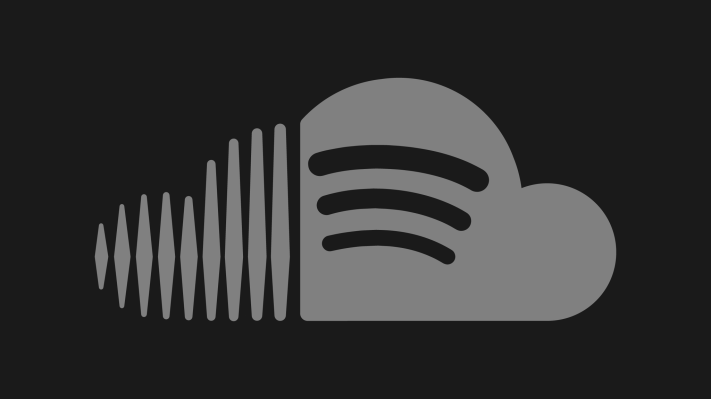The digital music marriage that many wanted to happen isn’t happening after all. Spotify has given up on its latest effort to buy SoundCloud following months of talks between the two, according to a source at Spotify who is familiar with discussions.
The Financial Times reported in September that the duo were in “advanced talks” over an acquisition — things went pretty quiet after that, but we now understand that the deal died this past week. The source told TechCrunch that the company ultimately walked away because it feared that an acquisition could negatively impact its IPO preparation.
Spotify hasn’t officially said it will go public in 2017, but there has been plenty of speculation, including a funding round with incentives tied to a listing. The source said Spotify went cold on SoundCloud because “it doesn’t need an additional licensing headache in a potential IPO year.” That’s in reference to the complexity and financial cost that comes with negotiating with music labels, something that is hugely important to SoundCloud, which has a far larger catalog of tracks than other services because it caters to creatives, indies and remixers.
Neither Spotify nor SoundCloud had responded to requests for comment at the time of writing. We’ll update this story if and when they do reply.
Spotify is reported to have declined to acquire SoundCloud two other times over the past two years, the FT said, with a proposed price apparently the sticking point on those occasions. Beyond expanding Spotify’s ad network and userbase, a deal was seen as key to strengthening its position as well-funded competitors ramp up their music services. Spotify passed 100 million users this summer, of which more than 40 million are paying, but others are pushing hard. Apple Music this week hit 20 million subscribers just 18 months after its launch, while Amazon recently opened Music Unlimited in the UK, Germany and Australia, its first expansions outside of the U.S.
A Spotify IPO is among the hotly anticipated public listings from the tech sector next year. The Sweden-headquartered company raised $1 billion in convertible debt in March this year with terms that are most favorable if Spotify goes public in 2017, as we explained at the time:
If Spotify doesn’t perform well, some aggressive deal terms could cost it a lot of money.
TPG and Dragoneer get to convert the debt to equity at a 20% discount of whatever share price Spotify sets for an eventual IPO. And if it doesn’t IPO within the next year, that discount goes up 2.5% every extra six months.
Spotify also has to pay 5% annual interest on the debt, and 1% more every six months up to a total of 10%. And finally, TPG and Dragoneer can sell their shares just 90 days after the IPO, before the 180-day lockup period ends for Spotify’s employees and other investors.
The end of these talks with SoundCloud are another indicator of Spotify’s IPO ambition and, unfortunately for music fans, means a union between two of the biggest names in the digital streaming business isn’t happening — for now at least. It remains to be seen if Spotify might pursue SoundCloud again in the future, as a public company.
Of course, that’s also dependent on SoundCloud’s business, which has evolved significantly in 2016.
Estimates suggest SoundCloud’s annual revenue jumped 43 percent year-on-year to reach almost $28 million, thanks in a large part to the $9.99 subscription it introduced this year, but it has never been profitable. The Berlin-based startup’s most recent filings show it lost $44 million in 2014, that was enough for auditor KPMG to warn in early 2016 of the need to raise additional financing to continue its business. It remains to be seen how that monetization push has changed its financial health.
